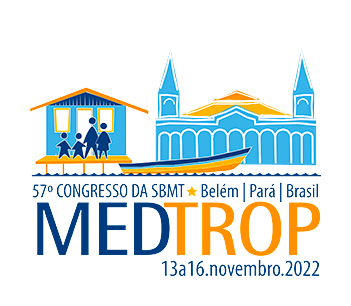Convidado

IGOR ALMEIDA
UNIVERSITY OF TEXAS
D.Sc.
Igor C. Almeida received his Pharmacy degree from Paraiba State University (UEPB), Campina Grande, PB, Brazil. Following a Master of Science degree in Molecular Biology at Escola Paulista de Medicina (EPM), Universidade Federal de São Paulo (UNIFESP), Sao Paulo, Brazil, under the mentorship of Prof. Carl Peter von Dietrich, he received a Doctor of Science degree in Microbiology and Immunology from the same institution, under the mentorship of Prof. Luiz R. Travassos. After his post-doctoral studies at the University of Dundee, Scotland, UK, under the supervision of Prof. Sir Michael A.J. Ferguson, he returned to Brazil. In 1999, he started his independent research group at the University of Sao Paulo. In 2004, he moved to the University of Texas at El Paso (UTEP), Border Biomedical Research Center (BBRC), Department of Biological Sciences, where he is currently a full professor and director of the Biomolecule Analysis and Omics Unit. In the last 32 years, his research program has been focused on the Glycobiology and Systems Biology (proteomics, glycolipidomics, and lipidomics) of Trypanosoma cruzi, and the development of a glycan- and peptide-based vaccines for Chagas disease (CD), and biomarkers (BMKs) for diagnosis and early assessment of chemotherapy of CD. Since August 2018, he has been the program director/principal investigator of the NIH-funded, phase-2b U01 clinical trial entitled “TESEO” (https://clinicaltrials.gov/ct2/show/NCT03981523), for testing new chemotherapeutic regimens of the two existing drugs and several BMKs for early assessment of therapeutic outcomes in CD. Throughout the years, he has also been collaborating with numerous research groups, especially, in the U.S., Latin America, and Europe, studying biomarkers for CD and cutaneous leishmaniasis, and the structural and function of biomolecules from insect vectors and pathogenic fungi. At UTEP, he has received several awards, including the prestigious STARs Award from the University of Texas System in 2007 and 2019. In 2017, he was elected fellow to the American Academy of Microbiology.
